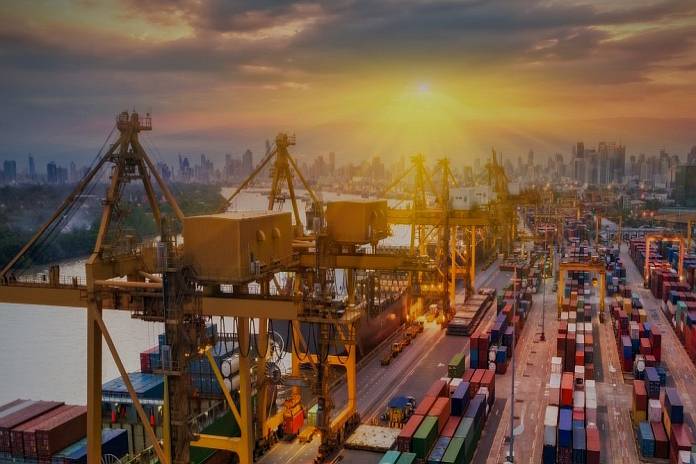
WASHINGTON, USA — The global economy has slowed to its lowest pace in three years. It is on track to stabilize, but its momentum is fragile and subject to substantial risks.
International trade and investment have been weaker than expected at the start of the year, and economic activity in major advanced economies, particularly the Euro Area, and some large emerging market and developing economies has been softer than previously anticipated.
Growth in the emerging and developing world is expected to pick up next year as the turbulence and uncertainty that afflicted a number of countries late last year and this year recedes, the World Bank’s June 2019 Global Economic Prospects: Heightened Tensions, Subdued Investment reports.
A number of risks could disrupt that delicate momentum: a further escalation of trade disputes between the world’s largest economies, renewed financial turmoil in emerging and developing economies, or a more abrupt deceleration of economic growth among major economies than is currently envisioned.
Of particular concern is a slowdown in global trade growth to the lowest level since the financial crisis ten years ago and a tumble in business confidence.
“Stronger economic growth is essential to reducing poverty and improving living standards,” said World Bank Group President David Malpass. “Current economic momentum remains weak, while heightened debt levels and subdued investment growth in developing economies are holding countries back from achieving their potential. It is urgent that countries make significant structural reforms that improve the business climate and attract investment. They also need to make debt management and transparency a high priority so that new debt adds to growth and investment.”
Because equitable growth is essential to alleviating poverty and increasing shared prosperity, emerging market and developing economies need to reinforce the protections they have against sudden economic downdrafts, the…






